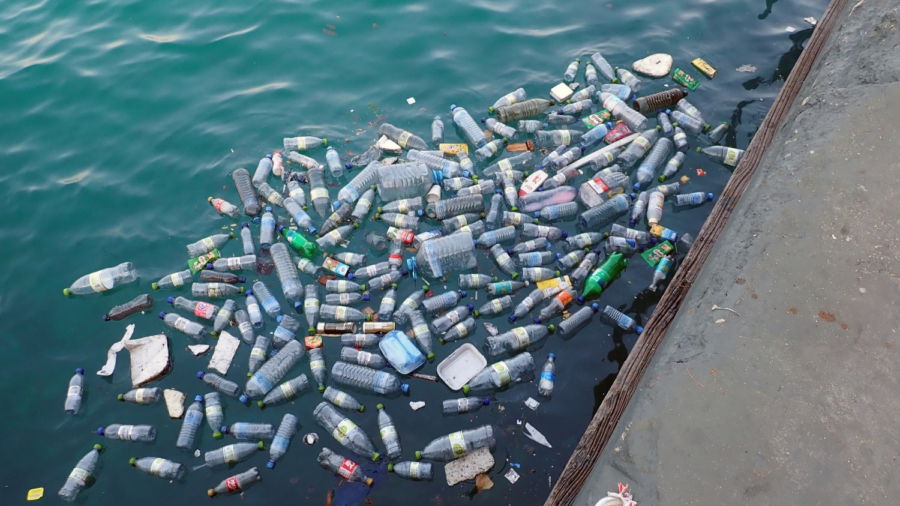The Trump administration, in coordination with the Energy Department, announced a plan to reduce plastic waste that pollutes the oceans and harms U.S. shores in presenting the “Plastics Innovation Challenge.”
Instead of implementing state-regulated measures and tax on commodities, it focuses on cooperation with the private sector to promote developing technological innovations to counter the waste problem.
“Solving this growing challenge of plastic waste facing our world today, as well tomorrow will require innovative, groundbreaking technologies,” Energy Secretary Rick Perry said in a statement. “Through the Plastics Innovation Challenge, we will harness the Department’s extensive resources and expertise to position the U.S. as a world leader in advanced plastic recycling technologies.”

It will be Perry’s last tour de force before his planned resignation on Dec. 1.
“We see this as an example of American environmental leadership under the Trump administration,” said a senior Energy Department official to the Washington Examiner. “Just as you have some folks who want to ban all fossil fuels, you have people who also want to entirely ban plastic. This administration has taken a dramatically different approach to both of those issues. We believe the answer to our energy and environment challenges is innovation.”
The project will fund several think tanks in the industry, universities, and national labs to develop technology for recycling plastic waste and upcycling raw materials into other marketable resources, fostering a new generation of biodegradable plastics.
“While this is a problem largely not of America’s creation, we believe American leadership can play a big role in the solution,” the official added.
The Plastics Innovation Challenge can be seen as an extension and reinforcement of the Save Our Seas Act of 2018 which extended the National Oceanic and Atmospheric Administration’s (NOAA) Marine Debris Program for an additional five years, and directed the State Department and other federal agencies to work internationally to prevent countries from using the ocean to dump waste.

The act charges NOAA to collaborate with other U.S. government agencies to deal with land- and ocean-based sources of the trash, both domestic and foreign.
In attendance at the Oct. 11, 2018 signing ceremony were Sens. Dan Sullivan (R-Alaska) and Sheldon Whitehouse (D-R.I.), the sponsor and co-sponsor of the bill, respectively, whose presence attested to the bipartisan nature of the bill. The House held a voice vote on it, which wasn’t recorded; the Senate passed it unanimously, Sullivan said.
Epoch Times reporter Holly Kellum contributed to this report


